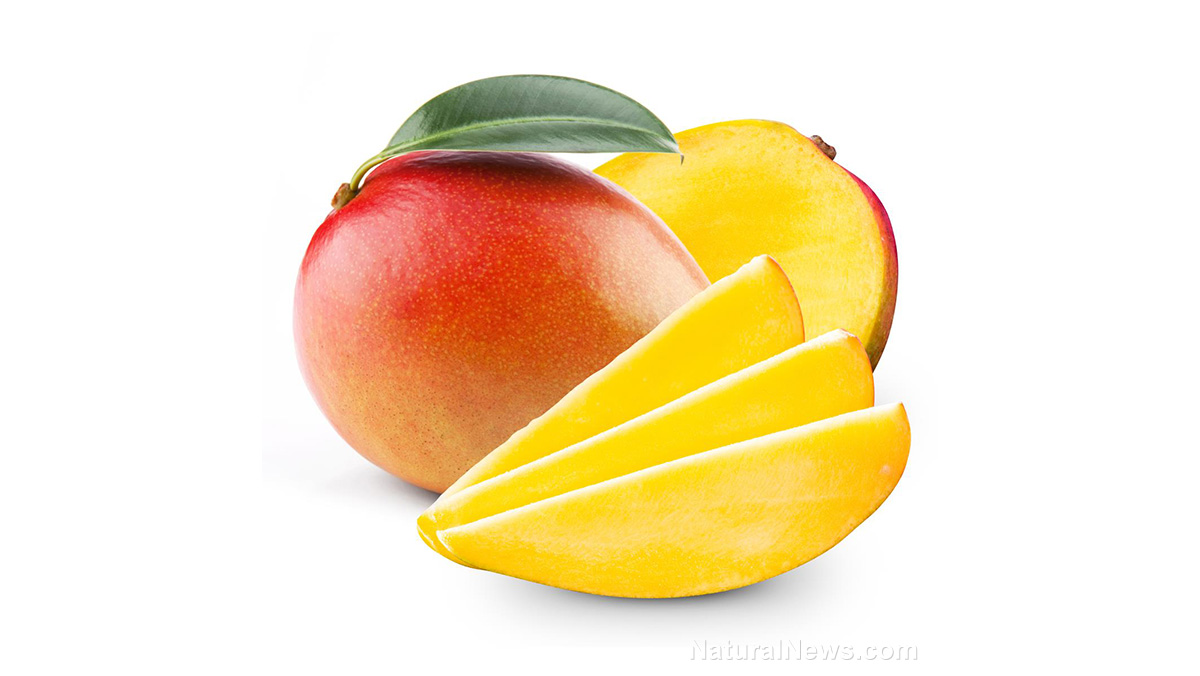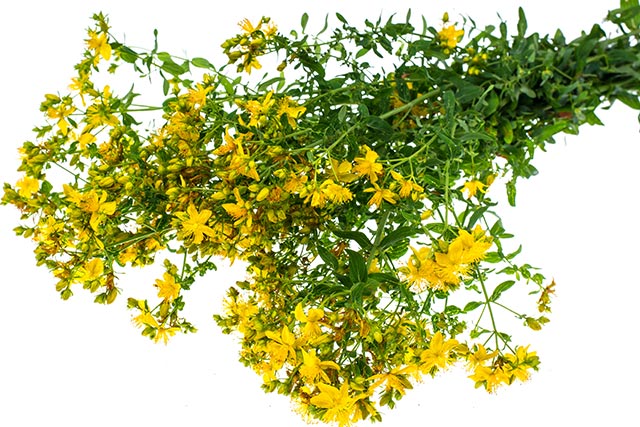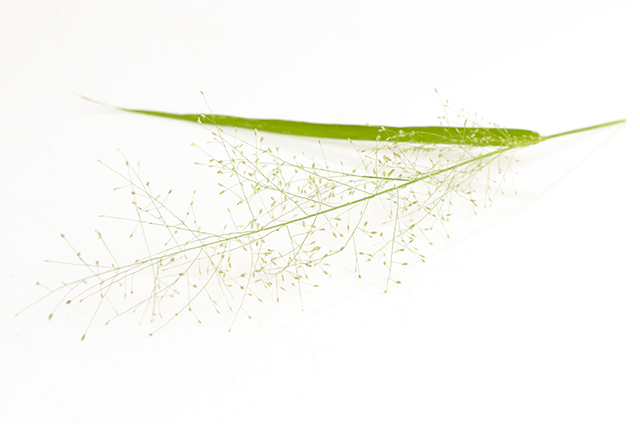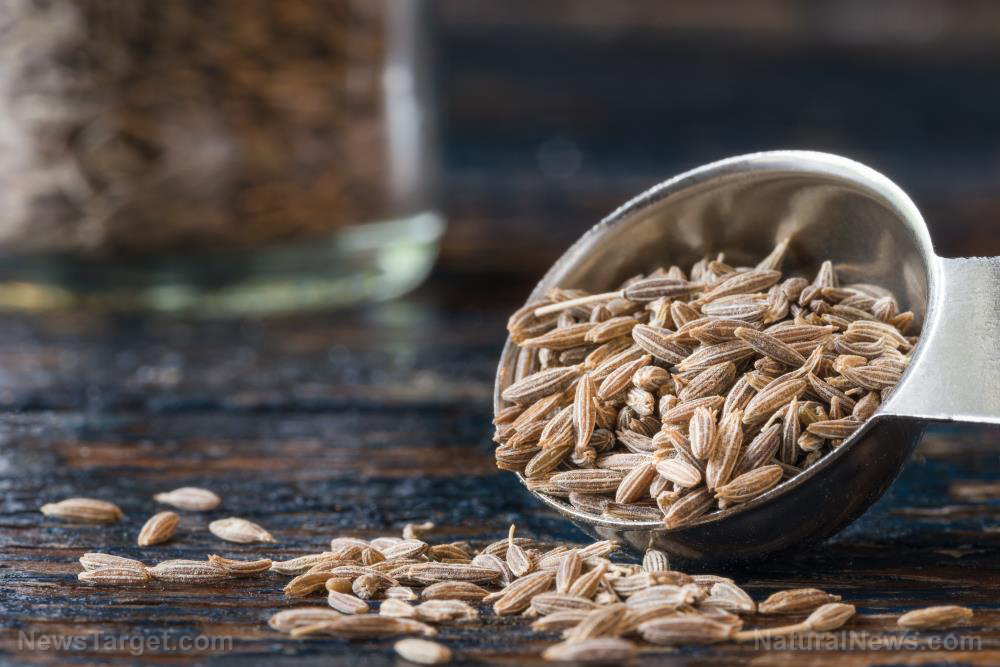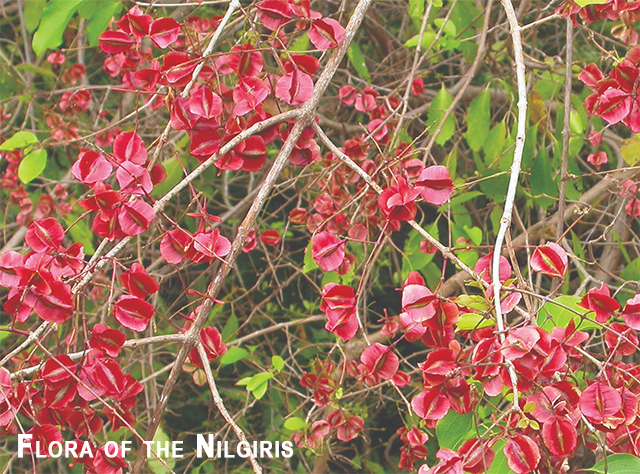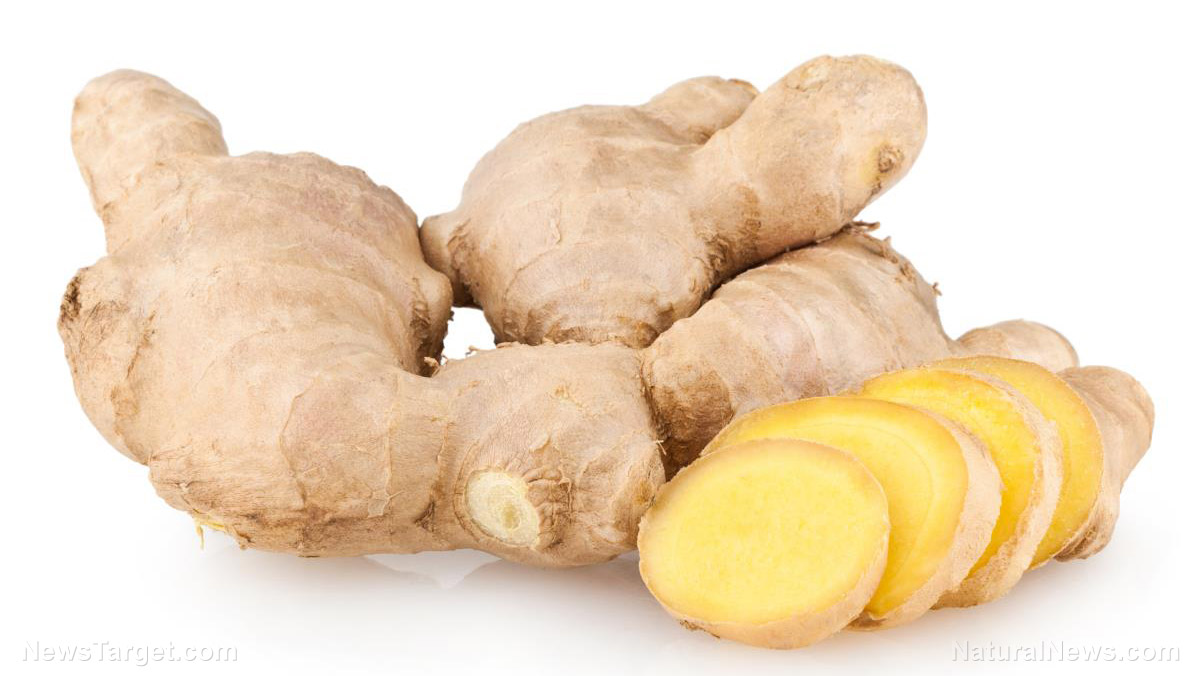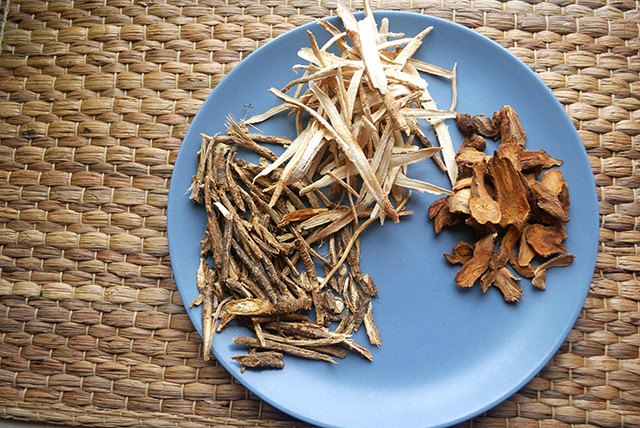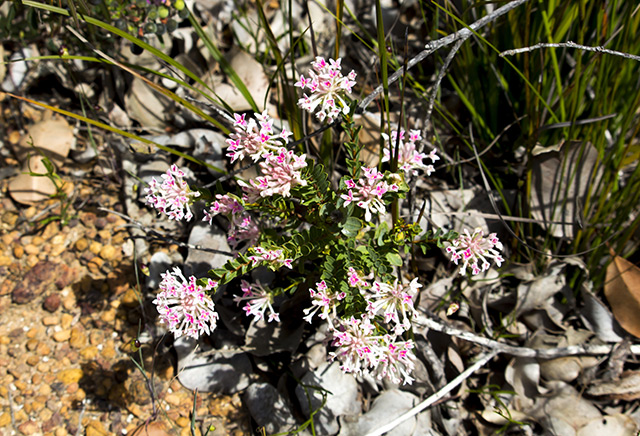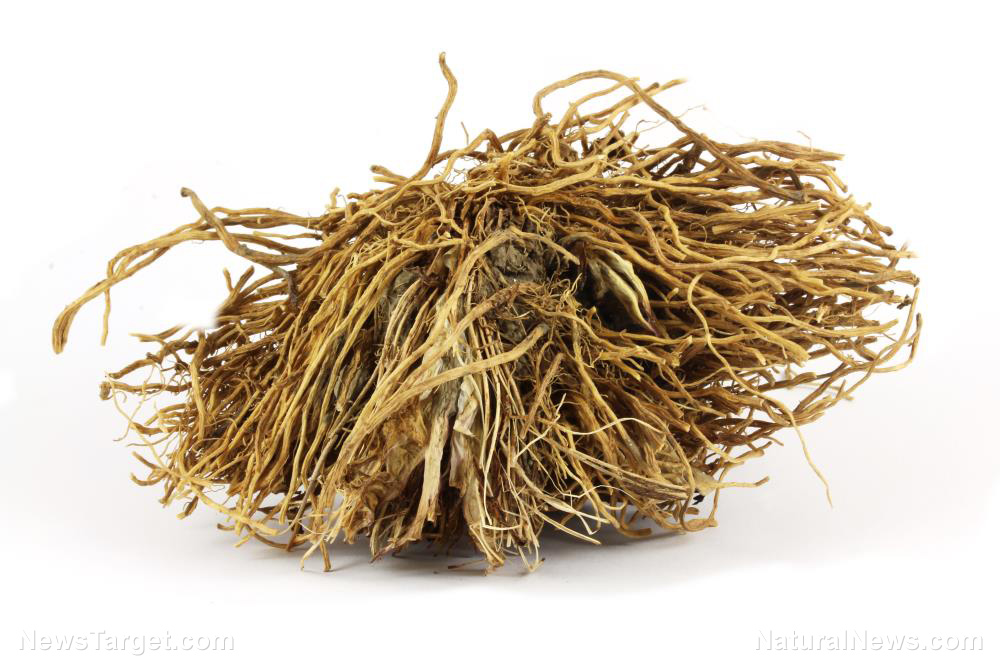Chew on ginger if you have bad breath: Research shows it’s more effective than mints for halitosis
10/12/2018 / By Zoey Sky

When your breath needs freshening up, most of the time you gargle with some mouthwash or pop some mints. But did you know that ginger is a more effective cure for bad breath/halitosis?
According to a study by researchers from the Technical University of Munich (TUM), ginger, a popular spice with many health benefits, can help eliminate bad breath.
6-gingerol and sulfur
The researchers explained that ginger contains a unique compound called 6-gingerol which can trigger an enzyme in saliva. This enzyme helps breaks down foul-smelling materials in the mouth, effectively eliminating bad breath. (Related: Causes and solutions for bad morning breath.)
For the study, the TUM researchers analyzed how various components in food affect our taste, and found that ginger helped increase the levels of certain enzymes in human saliva 16-fold after only a few seconds.
Human breath tests determined that the enzyme was responsible for breaking down compounds that contained sulfur. Sulfur is a naturally occurring compound in the body, but it can also produce some bad smells. In fact, sulfur is the reason why farts have a certain odor.
The researchers explained that since ginger helps speed up the process of breaking down sulfur compounds in the mouth, the spice can help reduce the aftertaste of various foods, such as coffee and tea.
Professor Thomas Hofmann, the study’s lead author, noted that as ginger helps break down these compounds, it can also make your breath smell better. He added that this discovery could even be used to formulate new oral hygiene products that can combat halitosis more effectively.
Aside from ginger, citrus fruits can also affect your breath and sense of taste. The researchers discovered that citric acid can help salty foods taste less salty. When you eat sour foods, like lemons, your mouth produces more saliva. When you salivate more, this means more minerals are broken down in your mouth.
Hofmann shared that salt levels in saliva rose 11-fold after an individual has eaten a citrus fruit, making them less sensitive to salt. He added, “Table salt is nothing other than sodium chloride, and sodium ions play a key role in the taste of salt.”
Hoffman concluded that if saliva already has higher concentrations of sodium ions, the samples tasted must have a significantly higher salt content before they register as comparatively salty when tasted.
The next time your breath smells a little foul, try chewing on a piece of ginger to help eliminate the unpleasant odor.
Other natural remedies for bad breath
If you’re looking for other natural remedies for bad breath, try some of the suggestions listed below:
- Apples – Raw apples can help fight garlic breath. The juicy fruit contains natural compounds that can neutralize the foul-smelling compounds in garlic. Apples can help neutralize the compounds in the bloodstream instead of just deodorizing your mouth.
- Fennel and anise seeds – Fennel and anise seeds are used to freshen breath because they taste sweet and they have aromatic essential oils that give your breath a fresh scent. You can eat fennel and anise seeds plain, roasted, or coated with sugar.
- Green tea and mint – Green tea has disinfectant and deodorizing properties that can temporarily freshen your breath. Mint has similar effects. Drinking a cup of green tea with mint can help freshen your breath. To prevent bad breath, brew two cups of tea before going to bed and refrigerate it overnight. Pour the cool tea into a water bottle and bring it to work, then sip it slowly throughout the day.
You can read more articles about dental hygiene and natural cures for bad breath at Dentistry.news.
Sources include:
Tagged Under: 6-gingerol, Bad Breath, dental care, functional food, ginger, Halitosis, mints, morning breath, natural cures, natural remedies, oral care, oral health, oral hygiene, remedies, Sulfur



